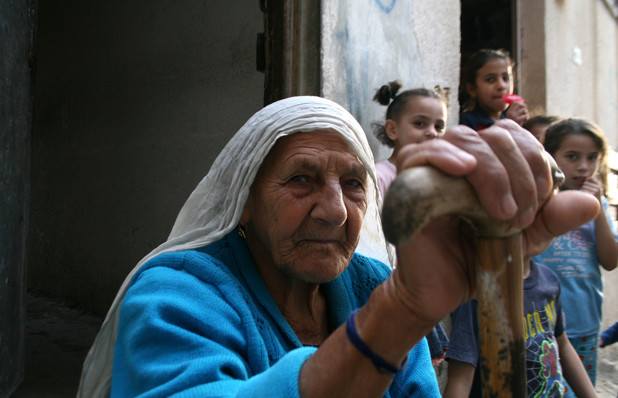Tag: Haidar Eid
-

The world heeds the call of Palestinians in Gaza for pressure on Israel
August 9th 2014 | International Solidarity Movement | Occupied Palestine Update: Please help us spread the word in Arabic, Italian, French, Hebrew and Spanish via your networks. ******* Hundreds of thousands of people worldwide have taken to the streets in response to a call from Palestinian civil society in the occupied and besieged Gaza strip, and the BDS National Committee…
-

Gaza researchers determined to record Nakba generation before time runs out
28th October 2013 | The Electronic Intifada, Joe Catron | Gaza City, Occupied Palestine Tucked into a quiet basement suite in the main building of the immaculate Islamic University of Gaza campus, the Oral History Center could at first be mistaken for a bursar or registrar’s office. But its stacks of metal filing cabinets may contain more memories…
-
Candle-light vigil held in Manger Square, Bethlehem to commemorate Gaza
Nathan Stokes | IMEMC 31 December 2009 Residents of the Bethlehem area, West Bank, gather to commemorate those lost in last years Gaza War and stand in solidarity with those still living under seige. At 4:30 this afternoon residents of Bethlehem and the surrounding towns gathered to commemorate the 1,500 Palestinians that lost their lives…
